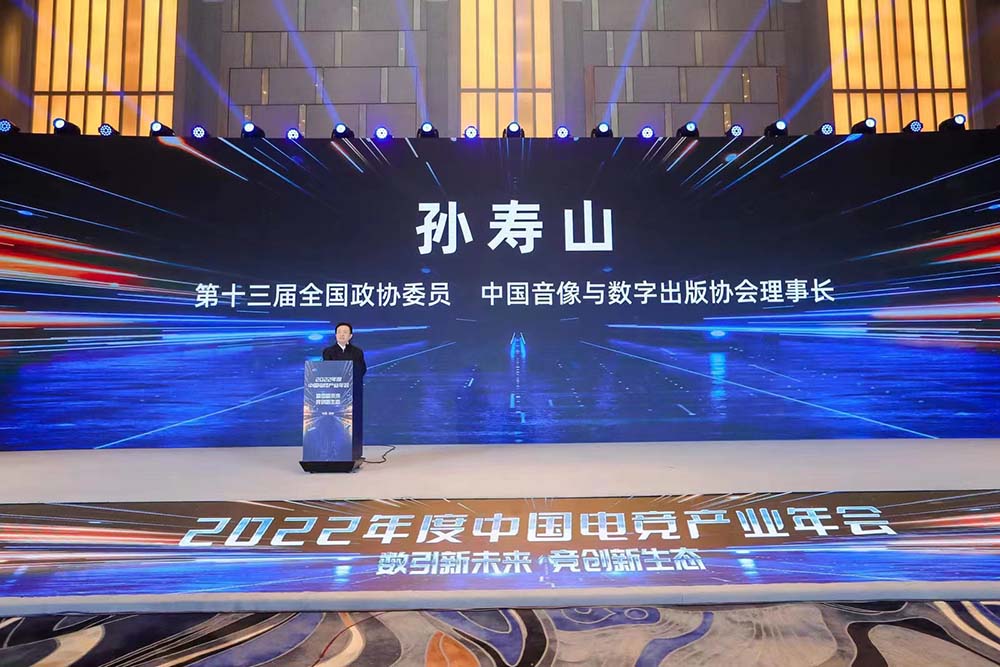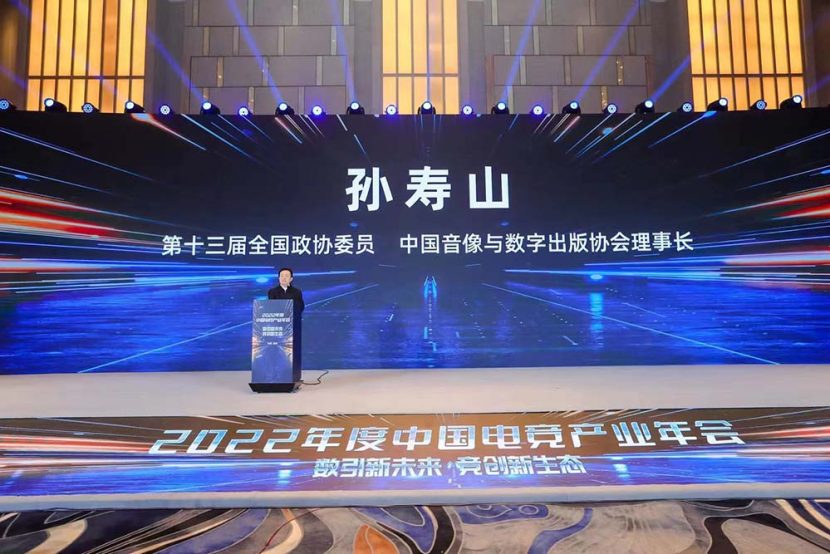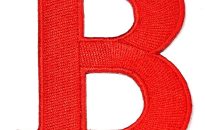On Dec. 12, the Communist Party of China‘s Central Commission for Discipline Inspection (CCDI) announced that 67-year-old Gou Zhongwen had been expelled from the party and dismissed from public office for several severe disciplinary and legal violations, including corruption, abuse of power, and dereliction of duty during his time as the minister of the Chinese […]


On Dec. 12, the Communist Party of China‘s Central Commission for Discipline Inspection (CCDI) announced that 67-year-old Gou Zhongwen had been expelled from the party and dismissed from public office for several severe disciplinary and legal violations, including corruption, abuse of power, and dereliction of duty during his time as the minister of the Chinese General Administration of Sport from 2016-2022.
“After investigation, Gou Zhongwen’s behavior severely damaged the political ecosystem of Chinese sports, and caused huge economic loss,” CCDI stated in a release.
Gou was also the president of the Chinese Olympic Committee, and executive chairman of the Operation Committee of the Beijing 2022 Olympic Winter Games and Paralympic Games. He also served as the Deputy Secretary of Beijing Municipal Committee in 2016.
The affiliation of China’s esports has become an invisible issue in China since the industry became more and more popular in China. Technically, China Esports belongs to the General Administration of Sport due to esports being named China’s 99th official sport and the 78th official sport in 2008 by the General Administration. However, the upstream of esports are game publishers and games, which are under the National Press and Publication Administration (NPPA)’s jurisdiction, the department directly under the Publicity Department of China. NPPA is widely known as the department that controls game approvals in the country.
When China fully applied the toughest anti-game-addiction regulation by NPPA in 2021 that limited people under 18 years old to only play three hours a week in China, the Chinese esports industry was also affected as all Chinese esports registered players had to be over the age of 18 years old. Other sports athletes in China do not have age limits, nor are there age limits for esports players in Europe, Russia, and the U.S. (though cooperation with a legal guardian is required as some jurisdictions assert that minors can not enter into legally binding contracts). The General Administration of Sports, under the leadership of Gou could have had the power to improve the situation.
Sources close to China’s sports industry told The Esports Advocate that Gou was generally not considered a supporter, advocate or believer in esports.














